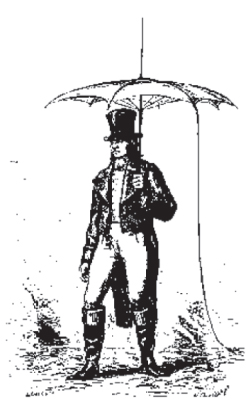AAVANT-GARDE

The origins of The Dream Café's philosophy and processes are firmly rooted in an approach to the art of radical innovation, w'hich started with café conversations. The informality of the café encouraged the development of interdisciplinary and transcultural discourses that led to a clear pattern of beliefs, practices and lifestyle habits that gave rise to the term ‘avant-garde’, which initially became clearly visible in France in the 1880s.
The coffee house forged the principles of the café as a fermenting pot for revolution during the eighteenth century. This meeting place informed unprecedented scientific breakthroughs and the industrialization of manufacturing. However, its impact on the arts did not achieve the same level of radical conceptual experimentation that occurred in France in the latter half of the nineteenth century and beyond.
The term avant-garde came into use in the early twentieth century, and was used to define a shift in emphasis from classical dependency to experimental challenge in which artist and other intellectuals redefined the parameter of the known, and effectively acted as the vanguard of modernity. Cafés became the catalyst and a crucial source of facilitation for a whole new way of thinking and doing that was fuelled by interdisciplinary and multi-cultural moments of connectivity around café tables.
We focus this brief introduction ...
Get The Dream Cafe: Lessons in the Art of Radical Innovation now with the O’Reilly learning platform.
O’Reilly members experience books, live events, courses curated by job role, and more from O’Reilly and nearly 200 top publishers.

